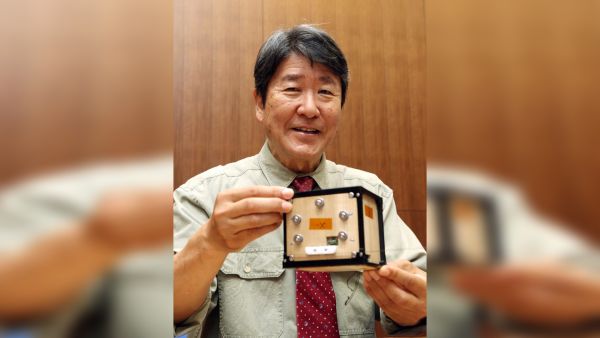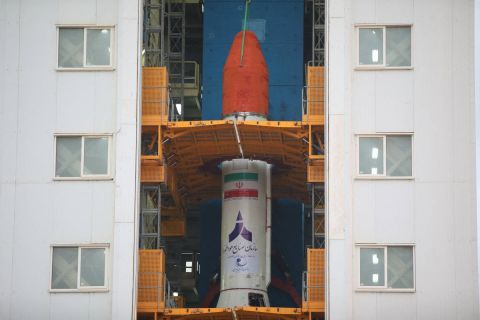ALBAWABA - LignoSat, the world's first wooden satellite, was successfully launched by Japanese researchers from Kyoto University and Sumitomo Forestry as part of a recent SpaceX mission to the International Space Station (ISS), multiple outlets report.
Soon, this innovative satellite, which weighs just 900 grams, will orbit the planet to evaluate the practicality of using wood as a construction material in space. The initiative indicates a move toward more environmentally friendly methods in space technology by investigating the possibility of using timber in future trips to the Moon, Mars, and beyond, according to CNN.
LignoSat’s wooden panels are crafted from Hoonoki, or magnolia wood, which was chosen for its strength, dimensional stability, and ease of working—qualities that make it a resilient choice for withstanding space’s extreme conditions.
The lack of oxygen and water, which would cause rot or decay on Earth, increases the wood's longevity in space. LignoSat's sensors will gather information on how temperature and space radiation affect its hardwood panels throughout its six-month trip, providing crucial data on the material's long-term potential for space projects.
Researchers from Kyoto University think that wood may be a good substitute for conventional metal structures in space applications given its availability and sustainability.
Wood would have a less environmental effect, decomposing more cleanly and lowering the pollution linked to satellite decommissioning, in contrast to metals, which contribute to space debris and produce toxins when burnt up on re-entry, as reported by The Verge.
Kyoto University forest science specialist Professor Koji Murata suggested in an interview with Reuters that if wood's endurance is shown, it may lead to a variety of uses, such as the production of wood for habitat development on the Moon or Mars. Future colonies may also become more sustainable and self-sufficient in off-world settings by using renewable resources like wood.









